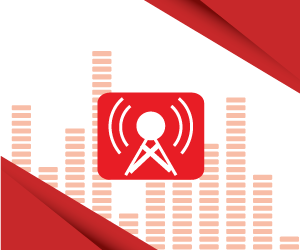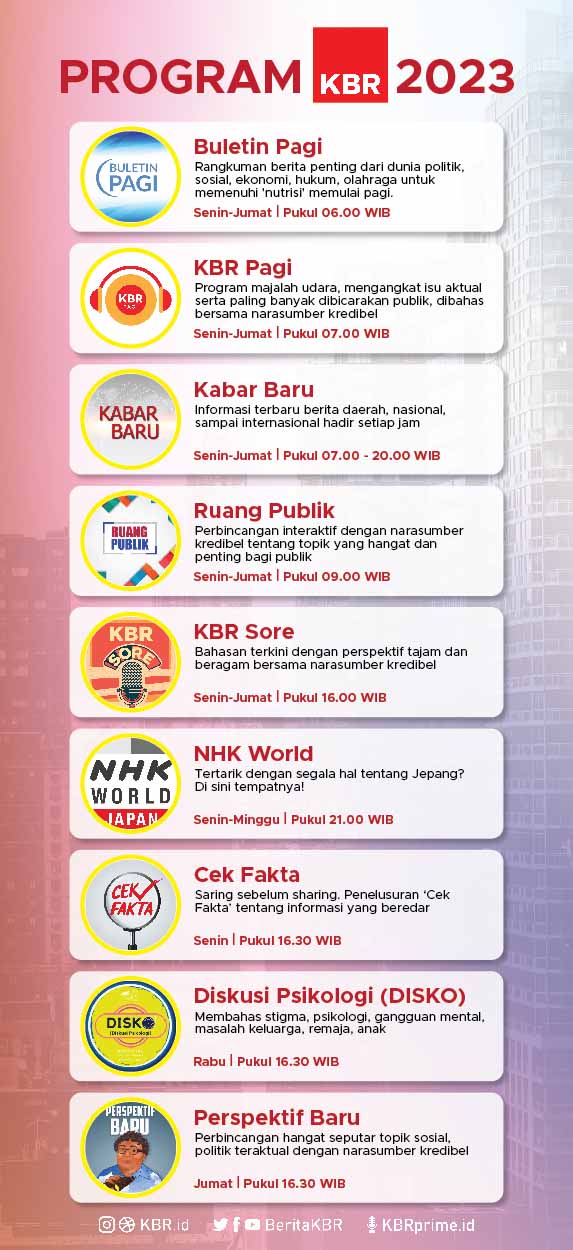Earlier this year, Muslim rebel groups in Southern Thailand and the Thai government agreed to hold peace talks to end the 9-year-old conflict in the region. More than five thousand people have been killed since the conflict started in 2004.
But peace is still a long way off... and many are accusing the Thai mainstream media of fuelling the conflict.
Hama Baeluebae is performing a Diker Hulu song, in Yala province in southern Thailand. It’s a type of traditional folk singing, widely heard in the south.
Mostly performed by men... it has a pulsating rhythm and beautiful lyrics sung in Malay.
“We perform for our people, to entertain them, to comfort them and to spread peace through the words and beat of the song.”
The lyrics tell stories of their daily lives and the wish for peace.
But the region has been far from peaceful since 2004.... when many Malay-Muslim groups felt discriminated and exploited by the Buddhist-majority Thailand and started fighting for greater autonomy.
Since then, drive-by shootings and bombings have become daily occurrencess... with more than 5,000 people killed so far.
Activist Angkana Neelapaijit lost her husband who was kidnapped for advocating for Muslim men accused of insurgency.
“The government fails to differentiate between the insurgent movement and ordinary criminals,” says Angkana.
“Amnesty International says they’re fighting against forced disappearances. We have that problem here in the deep south. We have this special law that allows officers to grab anyone who has a different point of view from the government, even when they protest peacefully. The Thai government can protect those people involved in the peace talks, but ordinary people still face harsh punishments.”
Deep South Watch is a local NGO that monitors the daily violence in the south and progress in the peace talks.
“We don’t only focus on the violence that still exists, but we also need to talk about the peace process that is underway and needs time to develop,” says Deep South Watch founder Srisompop Jitpiromsri.
“People are looking for this information.”
The NGO has a news website called “Wartani”, popular among people in the south.
Editor Ismail Bin Muhammad Hayeewaeji says they’re different from the mainstream media.
“The media from outside the province portrays us in a way that suits their audience, who mostly live outside Southern Thailand. They don’t serve the local people. They don’t even know what’s really happening here. We’re people from the deep south and we are Muslims. I don’t mean to mention religion or race, but in this area, these are sensitive issues. People trust their own people who speak the same language, compared to the media in other parts of the country.”
And because of this, they are often threatened by the Army.
“It’s not an easy job. We can get access to local people easily, but it’s not easy to talk to the opposing groups or the officials. They don’t trust us.”
Mahama Sabri works with Ismail on the website.
He believes that local media like “Wartani” can fill the gap and potentially help to improve the situation .... but that’s not how the authorities see it...
“Friends who work with us were asked or investigated by the Army; what is our aim, who supports us? Do we want to be independent from Thailand? And why don’t we talk to the officials instead of focusing on the suffering of local people?”
50-year-old Munsor Sarea is playing a part in the peace process with his popular radio show.
It’s called “The Window on Society” –a Malay language program on culture, politics and other issues. It’s a daily show, broadcast throughout the southern provinces.
“The problem is credibility of government media. They have a sens of denying situation that is very high. Government media is not welcomed enough here. And the conflict makes people refuse this kind of media. They listen to it but they don’t believe that.”
The Thai army has stationed over 50 thousand soldiers in the Southern provinces, claiming that they’re there to protect the people. You can see soldiers everywhere, guarding schools, government offices and public spaces.
But what the people really need is peace... which will take some time.
Southern Thailand: A Song for Peace
Earlier this year, Muslim rebel groups in Southern Thailand and the Thai government agreed to hold peace talks to end the 9-year-old conflict in the region. But peace is still a long way off... and many are accusing the Thai mainstream media of fuelling t

INDONESIA
Sabtu, 29 Jun 2013 15:11 WIB


South Thailand conflict, South Thailand local media
Kirim pesan ke kami
WhatsappRecent KBR Prime Podcast
Kabar Baru Jam 7
Strategi Perempuan Pengemudi Ojol Mengatasi Cuaca Ekstrem (Bag.4)
Arab Saudi Bangun Taman Hiburan Bertema Minyak di Tengah Laut
Menguji Gagasan Pangan Cawapres
Mahfud MD akan Mundur dari Menkopolhukam, Jokowi: Saya Sangat Hargai




